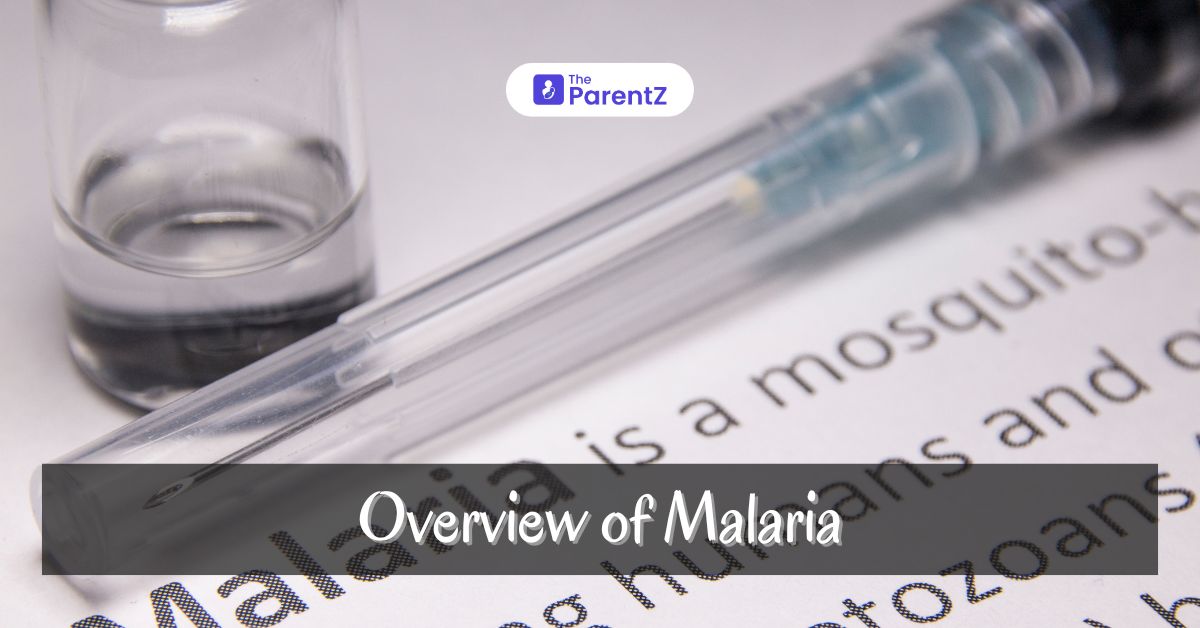What is Malaria?
Malaria is a common infection of the hot and humid tropical areas. It is caused by the parasite Plasmodium. It is especially common in the summer and monsoon seasons of the tropics. Individuals who are sick with malaria feel very sick with a high fever and shaking chills. It is a preventable and treatable disease with proper precautions and early diagnosis.
Is Malaria dangerous?
Malaria, though treatable,can be a very severe disease in some children. Infants and children under 5 are at a greatly increased risk for severe forms of malaria. Severe malaria can lead to complications such as
- cerebral malaria or spread of infection to brain
- breathing problems
- organ failure
- anaemia due to destruction of red blood cells
Some forms of plasmodium can survive in the body for several years and cause relapses. Plasmodium forms which are found in Africa carry a greater risk for severe disease.
What are the signs and symptoms of Malaria?
Malaria signs and symptoms are mainly predominantly by fever and chills. Symptoms usually begin some weeks after the spread of infection to the body. But some forms of plasmodium may lie dormant in the body for a long duration upto an year.
Most children experience cycles of malaria symptoms or attacks. A malaria attack starts with chills and shivering, high fever followed by sweating and then return to a normal temperature.
Common signs and symptoms of malaria are-
- The child has high fever
- Child experiences chills or feeling of cold
- The child complains of a general feeling of discomfort
- There is a headache
- There may be nausea and vomiting
- Diarrhoea may be present
- Sudden and intense abdominal pain may make the child cry
- There is a constant muscle or joint pain
- The child is fatigued or keeps feeling tired
How does Malaria spread?
The main route of spread of malaria is through mosquito bites. When a mosquito bites and infected person, it takes up the plasmodium parasite responsible for the infection and becomes a carrier of infection. When this mosquito bites an uninfected person, it spreads the parasite into the body of that person.
The parasite is then carried to the liver via the bloodstream where it matures and then attacks the red blood cells. Since malaria spreads through infected blood, other methods in which a non infected person comes into contact with infected blood can also lead to spread. Malaria can spread to a baby or newborn if the mother is infected. It can also spread via blood transfusion of infected blood or sharing of needles.






Be the first one to comment on this story.